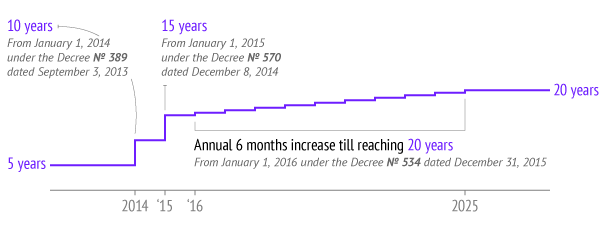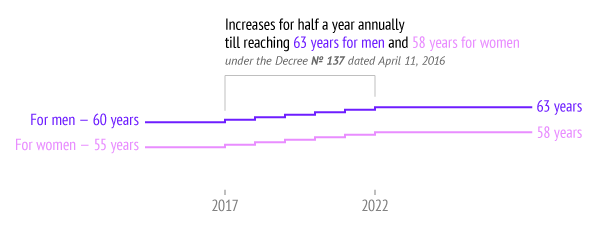Ivan Mikalajevich Snitko, former milicyja officer, left without pension
Photo by Aliaxei Sipachou, “Imena” magazine
People whom the state refused to pension. How they survive.
Ivan Snitko is a former milicyja member from the city of Lida. He was struggling for the
order in his native city and has apprehended offenders during 19 years. When pension-time
came it turned out that people, whom Mr. Snitko used to arrest now have the pension and he,
milicyja member, does not. “Some of those whom I detained during milicyja service now say me
when we meet each other: ‘So what, Mikalajevich
Translator’s note:
A patronymic name used alone
as a familiar form of addressing among aged people
does the state take care of you? We receive some money to have bread, and you do not
receive a damn’”, — Snitko is sad.
Cash-strapped old age has catched up Viktoryja Piatrouna from Minsk oblastTranslator’s note: region. The woman has nursed people who needed her help during seven years, but at her late years the state has left her without pension. Now her husband and good people help her. Someone brings potatoes, someone apples. Natallia Tapchyjeva from Barysau and many other people live with grudge against the state. “Imena” tell the stories of Belarusians who are left with no pensions in old age.









Some issues are solved
People who were involved into community service over a protracted period (for example, have been nursing 1st group invalids or aged 80 and over)
People who were involved into community service over a protracted period (for example, have been nursing 1st group invalides) have fallen to the pensionable service trap and have lost rights for pension.
The issue is that the state fixes this period in employment book and pays them out, but does not include their work into pensionable service. This people just have run out of time to accumulate needed period of pensionable service (16 years as for 2017, and the number will be increasing in future).
By law, however, sitting with 1st group invalid cannot be combined with any type of job.
Besides the pensionable service trap, the state of the people, who have been nursing a 1st group invalid or a person aged 80 was complicated by the fact that after reaching their own retirement age they could not receive сare allowance anymore. Even if they didn’t draw a pension as having no pensionable record.
In some way the logic of community service is taken into account.
Periods of community service are still not included into pensionable service but period of pensionable service is lowered tо 10 years for these people.
However overall employment record period has grown for this group of people. It is now not less than 35 years for women and not less than 40 years for men. Whilst for other categories (those who possess 16 years of pensionable service essential for 2017) overall employment record period is 20 and 25 years respectively.
Now therefore the Decree has established pension provision of this group of citizens more soft and fair, the problem is not solved in full measure. Constantly growing employment record period may block pensions for many people.
The Decree has resolved this conflict. Now this group may keep on receiving care allowance until social pension entitlement. This period is counted as part of overall employment record period.